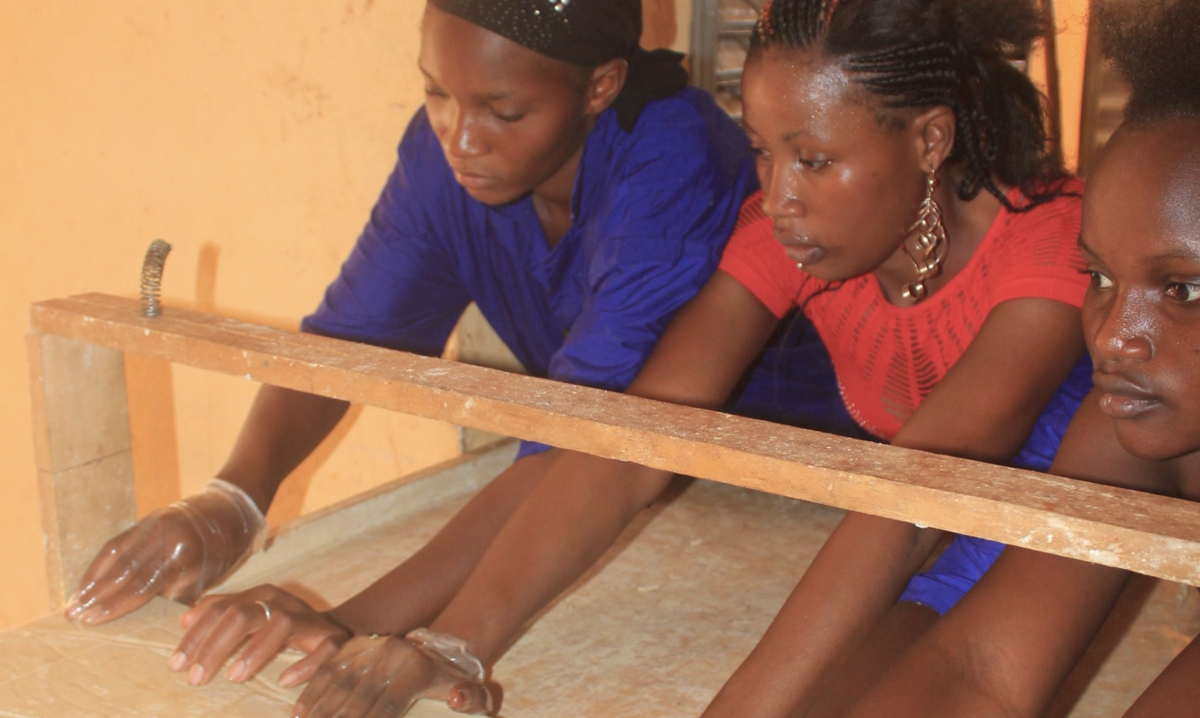Supporting Guinea Conakry to advance their NAP process
Project Overview
Country background, Sustainable Development Goals and Paris Agreement
How has the NAP-GSP supported to date?
|
Conducted a number of NAP sensitization and stakeholder consultation missions to Guinea
|
NAP-GSP has undertaken a number of missions to Guinea in 2016 and 2018. In May 2016 an inception meeting and three-day workshop took place to inform key stakeholders and government representatives on the NAP process and understand the current climate change adaptation initiatives to gauge the best entry points. In July 2017 another workshop was organised to discuss plans around a Readiness proposal to submit to the Green Climate Fund (GCF), requesting funding support for a NAP project. Objectives and expected outcomes of the proposed project were discussed. The most recent mission was conducted in June 2018 to further consult with stakeholders and fill in information gaps on the status of climate change adaptation mainstreaming.
|
|
Undertook a stocktaking of the main barriers to climate change adaptation
|
The conclusions of the stakeholder consultations and stocktaking conducted in 2016 and 2018 suggest the main barriers to climate change adaptation mainstreaming and financing for the long-term in Guinea are: (i) the absence of links connecting research to policy for informing decision-making processes; (ii) weaknesses and often fragmentation of existing coordination, monitoring and evaluation, and funding mechanisms; (ii) the absence of adaptation in the Planning-Programming-Budgeting-Monitoring and Evaluation (PPBSE) procedures; and (iv) lack of private sector involvement in the adaptation landscape.
|
|
Helped build capacity and facilitated access to additional climate finance
|
Specifically through supporting the preparation of a Readiness and Preparatory Support Proposal, to request finance support from the Green Climate Fund (GCF) for a NAP project. The “Supporting the Achievement of National Development Policies by Building Climate Adaptive Capacity and Planning in Guinea” project proposal was finalised in May 2019.
|
News
> The Republic of Guinea inititates its National Adaptation Plan process
5 May 2016, Conakry, Republic of Guinea: The Principal Secretary of the Ministry of Environment and Forestry of the Republic of Guinea, Dr. Souleymane Camara, chaired the launch of the NAP process in the Republic of Guinea on 3 May 2016. This launching ceremony was followed by a three-day training workshop, organized and facilitated by UNITAR with support from the NAP-GSP. The training brought together mid- to senior level experts from different ministries engaged in the national adaptation planning process, coming from the environment, agriculture, finance and budget sectors, as well as representatives from research institutions, NGOs, civil society and parliamentarians.

